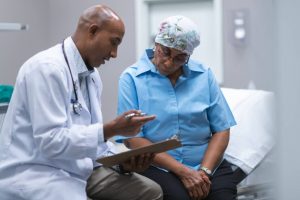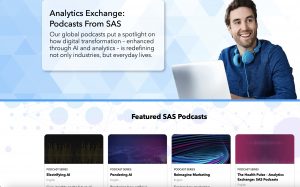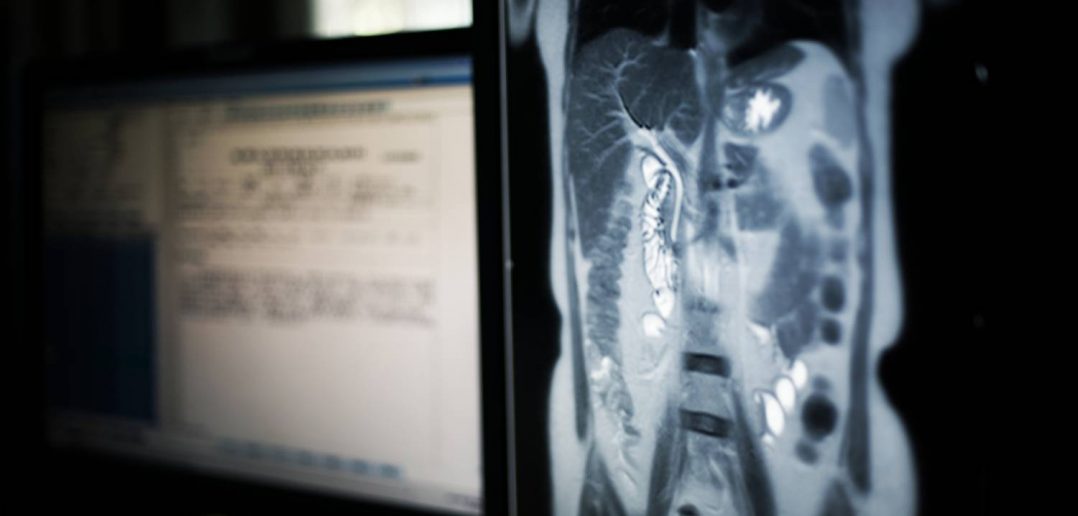Amid historical and structural barriers, “quality cancer treatment for all” is a simple credo that is not easy to put into action.
Cancer is recognized as a leading cause of death, accounting for more than 10 million deaths globally in 2020, according to the World Health Organization.
Globally, people with low or no income, lower educational attainment levels and other social disadvantages often bear a greater burden of disease than the general population. Other factors such as a patient’s zip code could also have a significant impact on health outcomes.
Access to affordable health insurance and effective health care also matter. Without it, some are less likely to have routine examinations that can identify cancer earlier.
“To understand why certain groups of people are being hit harder by different types of cancer, we need data that represents those people and the means to make sense of it,” said Dr. Robert Winn, director of Virginia Commonwealth University Massey Cancer Center. “This information is critical to empowering underserved patient populations, improving health care delivery and ensuring equal access to treatment.”
Winn, whose background is as a pulmonologist and a physician-scientist focuses on two goals - removing disparities in access to quality health care and eradicating cancer.
He believes the use of social determinants of health data and collaborative academic research to inform cancer epidemiology can serve as a springboard to eliminating these barriers and getting people quality care.
Health analytics promotes community research that answers questions
In a community-engaged health care research approach, knowledge and decision-making dynamics are shared between community members and members of the research community.

Winn and his team believe this method is key in helping communities get answers and confront the cancer disparities that affect them.
To put this into practice, the Massey Cancer Center partnered with SAS to leverage the new Massey Research Analytics Hub, a secure, cloud-based platform using SAS Health on SAS® Viya® on Azure to cultivate community-focused data aimed at providing a realistic, trustworthy snapshot of how cancer affects one’s community.
Massey’s Office of Health Equity and Disparities Research team will engage with community partners and citizens to collect data and gain a deeper understanding of how cancer manifests in vulnerable and lower socioeconomic populations.
For patients and their communities, this creates systems where the creation and use of new evidence is done with them rather than conducting research about them.
Breaks down barriers and builds up trust
As important as it is to ensure that people in all communities have equal access to quality care, that still does not guarantee that they will take advantage of life-extending therapies. Trust, affordability, transportation and knowledge about available care, clinical trials or preventative screening programs are all barriers in the fight against cancer.
From an ethics point of view, Winn believes the way forward is to not only build trust but be worthy of trust because even the miracle of science has its limitations.
The COVID-19 pandemic shed light on mistrust between the global public and governments. The introduction of vaccines to treat the virus added an additional layer of skepticism.
In cancer care, ramifications of mistrust, social determinant differences, patient care backlogs and other barriers to treatment kept nearly 10 million from receiving necessary screenings in 2020, according to a JAMA Oncology study.

“And so, where are those 10 million people going to go? Many of them will go on to have advanced cancers. Ultimately, we see them in the system not early, but late. That’s an issue that we're really trying to bring more attention to,” Winn said in an episode of The Health Pulse with Greg Horne.
To help, Massey Cancer Center is also working with SAS on a trustworthiness scale to measure how they are doing with their patients. Winn and other health care directors have been building the foundations of this scale and evaluating its quantitative and qualitative benefits.
“How can you build trust if you're not even aware of your own trustworthiness? And so, they usually say if you don't measure it, it's not done,” Winn said. “I do think that there's something to be said by using the tools from other fields and building a trustworthiness scale of our companies, and our health systems, and certainly of cancer centers.”
SAS will speed research efforts by automating manual, time-consuming data management, analytical and data visualization processes. This will allow researchers to communicate and translate data and discoveries, making evidence of risk factors and disparities, along with effective treatments and interventions equally accessible, understandable and usable by everyone.
The Hub also provides easy-to-use visualizations of massive amounts of quantitative and qualitative data collected from diverse sources and different systems.
“Putting all that together, I think, we'll have a better recipe for making certain that we are meeting the needs of people in the community, whether they're in Zimbabwe, or whether they're on the south side of Chicago,” Winn said.
Empowers “one team, one fight” mantra
Winn shared his perspective on the importance of creating a national network of data and research to improve outcomes. Massey Cancer Center is currently doing the work for this.
With the help of SAS, cancer researchers will be able to analyze risk factor data, locations of health care facilities and services, various cancer statistics and disparities, including geography, race, ethnicity and income.
This “one-stop-shop” will empower researchers to create and share new breakthroughs and encourage collaboration across the cancer research ecosystem to transform health outcomes.
“I think we need to get out of our silos, and we need to adopt one mantra— ‘one team, one fight,’" Winn said. “Wouldn't it be wonderful to be able to have more of that data so that we can use it to help refine our scientific questions to have more impact on our communities?”
The Hub will soon add AI- and machine learning-powered analytics for greater and deeper insights into cancer data.
Humility and the future of cancer care
Employing analytics along with research is vital in improving health outcomes and the fight to eradicate cancer. Winn believes there is promising research and collaboration going on that may net the next miracle therapies.
Admittedly, Winn recognizes that there are some cancers and diseases that even today’s best medicine cannot fix. This is when it is imperative for cancer centers to ensure patients have the best possible palliative care.
Winn believes in the future, explaining it would be great to do the predictive cancer analysis work ahead of time to know what medicines and other prevention strategies to employ after connecting with a community.
Despite what the future may hold, the Massey Cancer Center is working toward a future without cancer – one discovery, one successful therapy and one life saved at a time.
With the help of health analytics solutions from SAS, Massey can lead the way in establishing a 21st century model of equity for cancer research and care.

